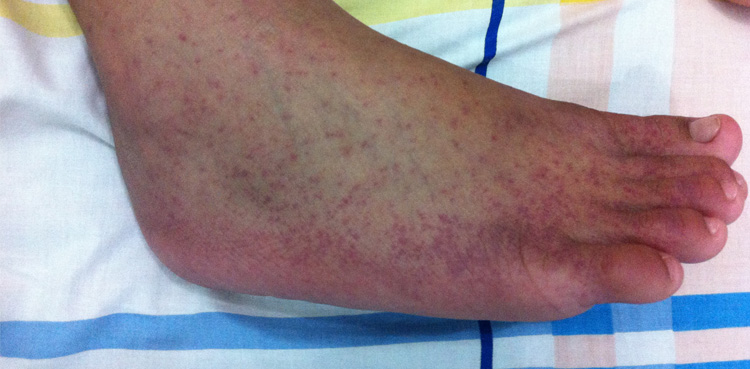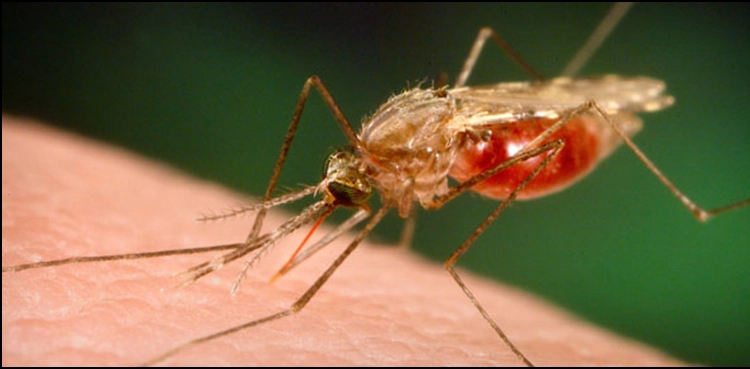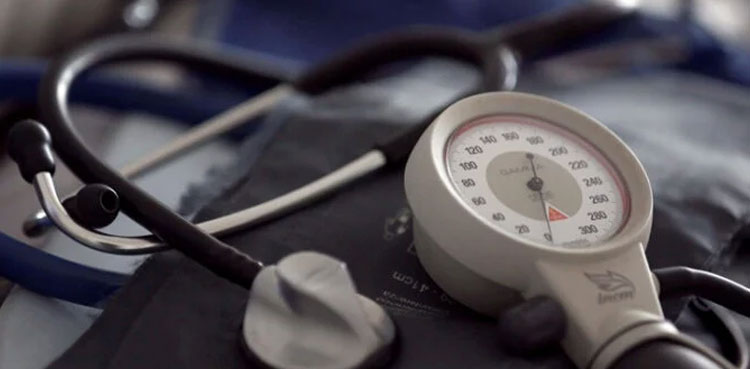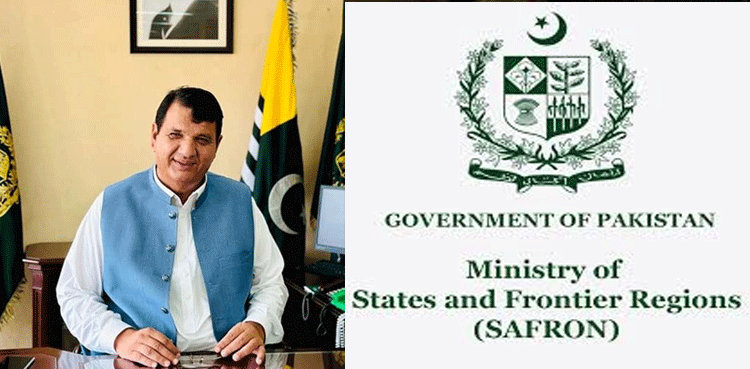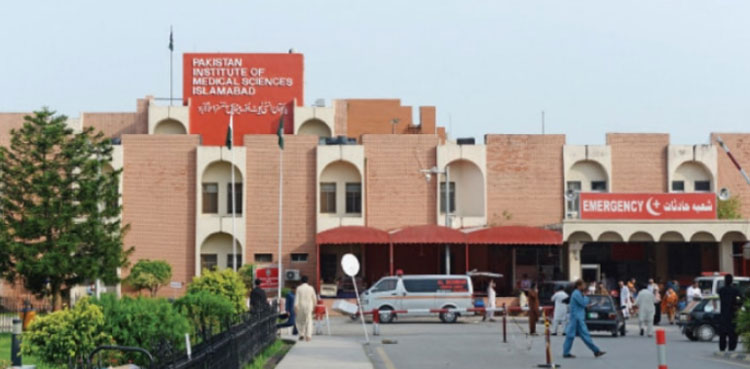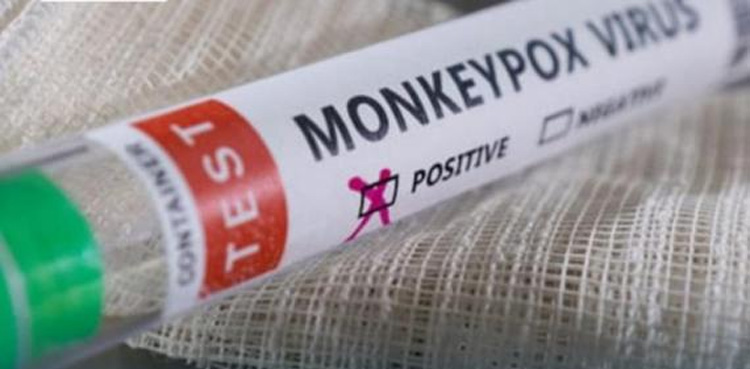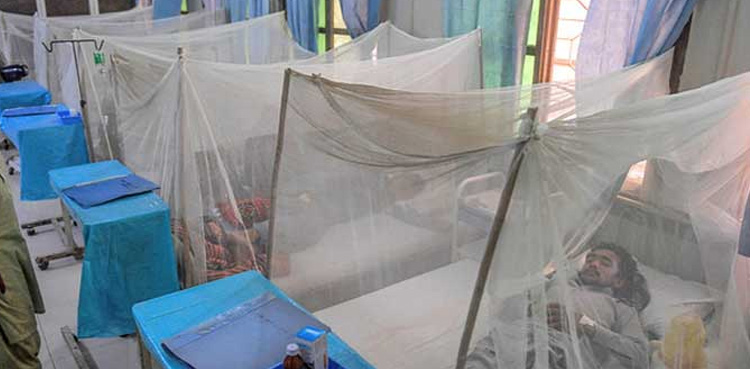Sindh has reported a sharp spike in malaria cases as the province has reported over 93,000 cases of the disease during the last week, ARY News reported on Wednesday, citing well-placed sources.
According to NIH sources, as many as 93,002 cases of malaria were reported across Sindh during the past week.
The highest 10,427 malaria cases were reported in Larkana, while Khairpur remained second on the list with 7,858 cases.
Qambar reported 7,525 malaria cases, Mirpurkhas, 5,655, Dadu 5,980, Badin 4,204 , Sanghar 5,488 , Tharparkar 4,099, Tando Allahyar, 4,130, Sukkur 4,249, Naushehro Feroze 3,682 , Shikarpur 4,186 and Umerkot reported 3546 malaria cases.
According to NIH sources, Karachi reported over 1,000 cases during the past week including 566 cases from Malir, 204 in district West, 161 in Central, 140 in East, 68 in Korangi, 41 in Karachi South and 24 cases of vector-borne disease were reported in Kemari.
Last month, Khyber Pakhtunkhwa Chief Minister Amin Gandapur’s Health Adviser Ehtesham Ali took notice of 54,000 cases of malaria reported from different parts of the province this year.
Read more: KP CM Gandapur’s aide takes notice of 54,000 Malaria cases
He directed all the District Health Officers (DHOs) of the respective districts to take immediate measures for malaria control and submit a report to his office.
The Health Adviser said that the southern districts were currently under the grip of the disease and emergency measures were being taken in this regard, adding that due to climate change the vector-borne diseases were increasing rapidly.
Referring to a report of the health department, he said that district Khyber remained most affected where 10,000 cases of malaria were registered from January 2024 to August. Similarly, 6,000 were reported from Shangla for the first time, 3,000 from Battagram, 4,000 from DI Khan, 2,000 from Tank and Karak and 3,000 from Lakki Marwat.

